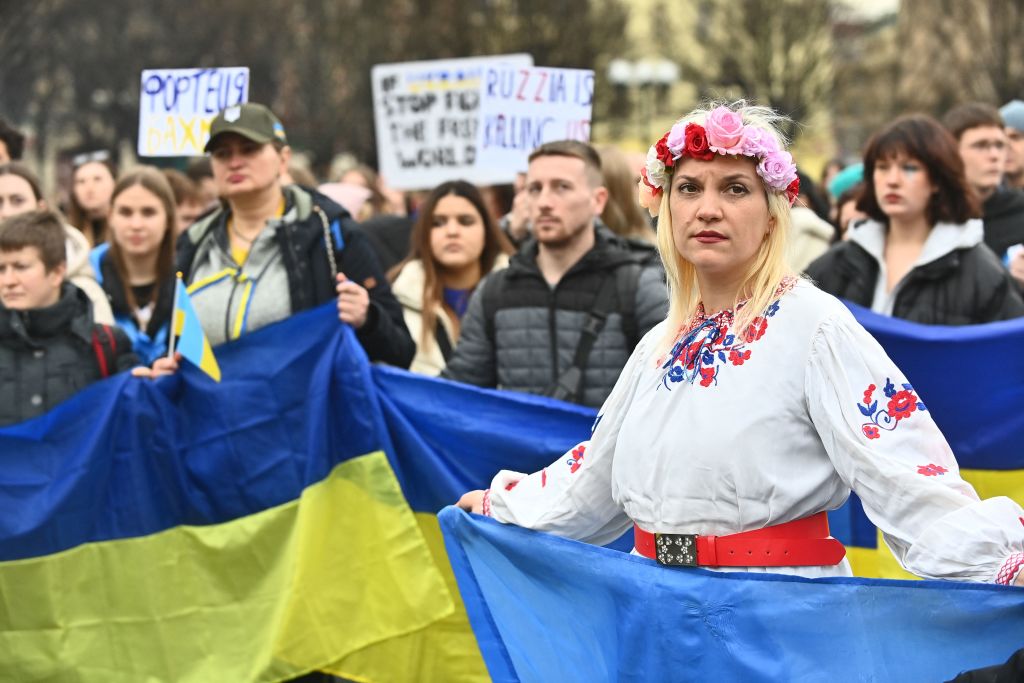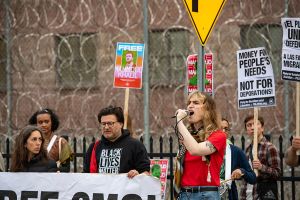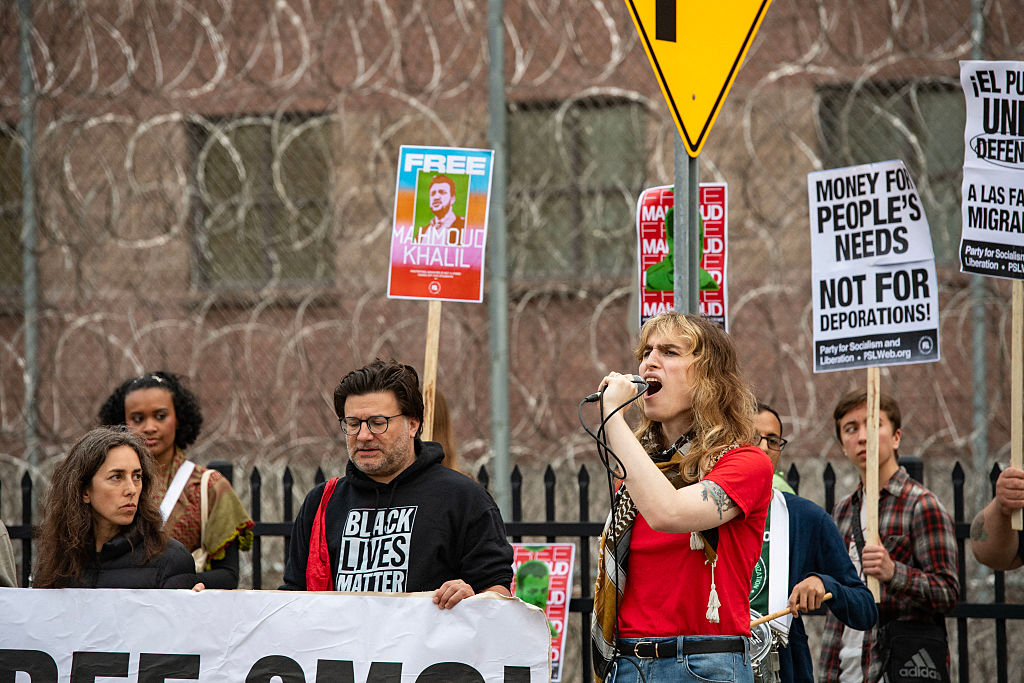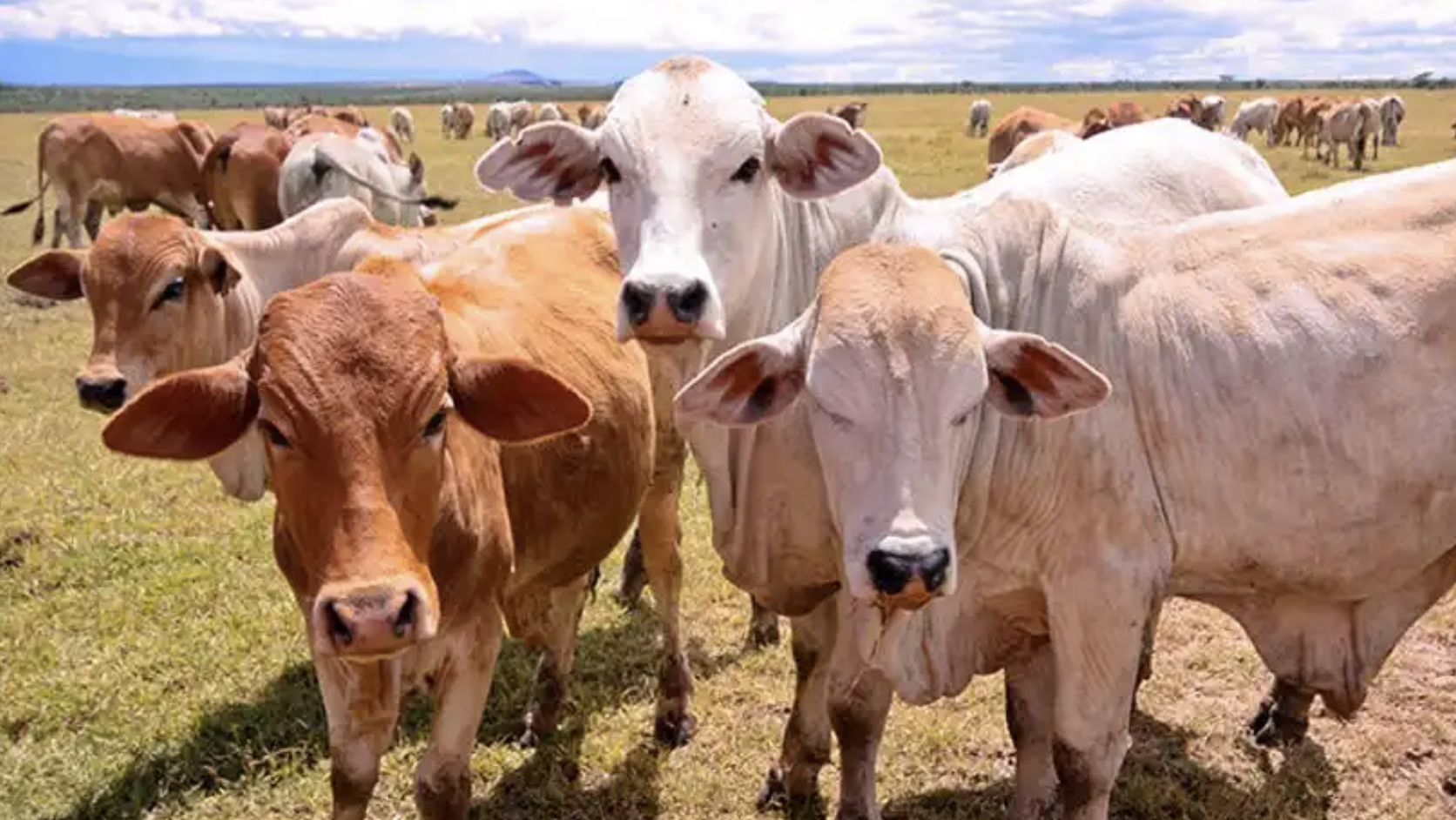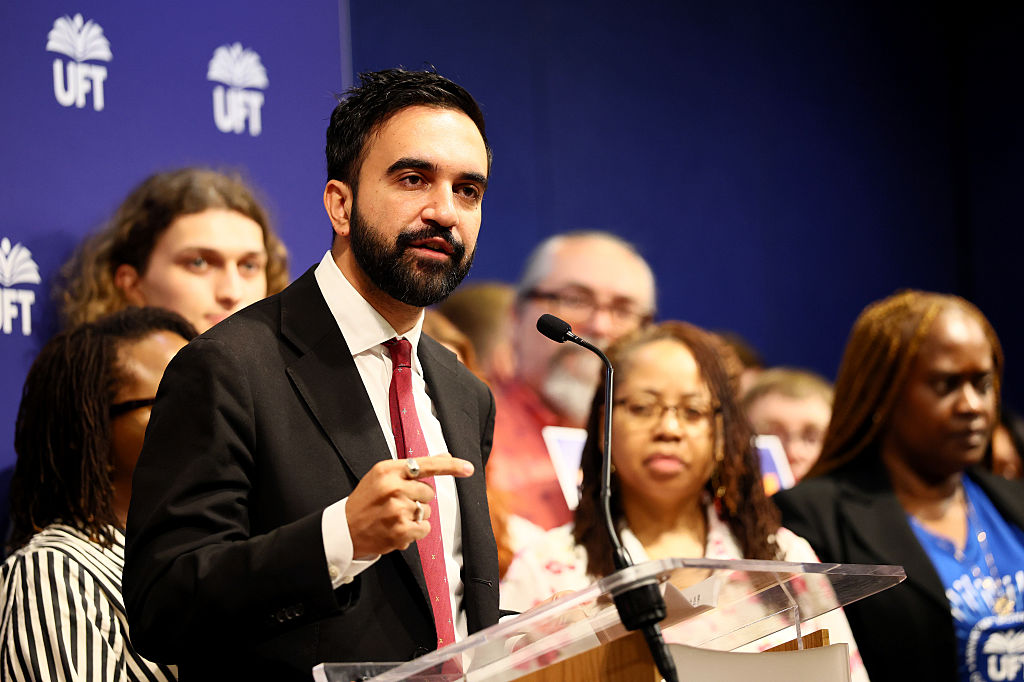Prague is still draped in blue and yellow flags, but with no end to the Ukraine war in sight, there’s growing uncertainty in Eastern European countries like the Czech Republic. As governments gear up to support Ukraine for the long haul, attitudes are also shifting among the millions of refugees who have found shelter in the EU since the war began.
Last year, the Ukrainian refugee crisis became part of everyday life in the Czech Republic, the EU country hosting the highest number of Ukrainian refugees per capita. At first, it seemed refugees were fleeing a country that would soon fall under the sway of the Kremlin. Later, the mood changed as Ukrainian gains on the battlefield raised hopes that the war could be won sooner than anyone had expected.
Now, as grinding attrition warfare in the Donbas brings a new complexion to the existential fight between Ukraine and Russia, many refugees are returning home to support the defense of their homeland however they can.
Svetlana, a mother of two, has moved back to Kyiv after living as a refugee with her children in Prague. She says “it’s very hard to stand aside when what’s yours is being destroyed. When your origins, your history are being taken away, together with your present and your future.”
The initial need to get out of harm’s way was overridden by a sense of duty to her homeland. Svetlana says she couldn’t remain in Prague “knowing that people who stayed in Ukraine needed our help. And our military needs our support. They’re our angels, our protectors. We don’t have the right to become desperate in front of them.”
She says the greatest comfort for her, and for other refugees who have returned home, is working to help the Ukrainian war effort. The gravitational pull of this sense of national duty is also felt by Ukrainians still living in the EU. A survey among refugees in the Czech Republic finds that out of 76 percent who plan to return to Ukraine, almost half believe they have “a duty to return as soon as possible.”
Other refugees cite different factors in their choice to return home. Olga came with her children to join relatives living in Prague, but she returned to Ukraine after struggling to support her family in a foreign country where her qualifications counted for nothing.
Ukrainian migrants made up a large proportion of the cheap labor supply in Eastern Europe before the war broke out, but for refugees forced to leave skilled jobs in Ukraine, entering the EU job market has been a shock. Faced with a massively higher cost of living than in her native eastern Ukraine, Olga found herself unable to make ends meet doing the kinds of tough manual work open to refugees who don’t speak foreign languages. One of her relatives, also a refugee, decided to go back to Ukraine after experiencing exploitative conditions from a Czech employer.
Such stories seem to contradict concerns from some quarters that the refugee influx could lead to a permanent flooding of the Eastern European labor market with low-paid Ukrainians taking jobs from locals. According to Klára Jiřičná from ACT Alliance, which supports refugees in the EU and in Ukraine, most Ukrainian refugees “do not have a job that corresponds to their qualifications.”
“Although a majority of refugees performed skilled jobs before the war, in the Czech Republic they fall into the least qualified and lowest paid professions,” she says. Even taking into account emergency state benefits and free accommodation, 58 percent of Ukrainian refugees in the Czech Republic have incomes below the poverty line; without help from the state, this figure would be 80 percent.
It’s no wonder that as the prospect of a full Russian takeover of Ukraine recedes, many are choosing to return to a higher quality of life, albeit one set against a backdrop of air raid alerts and ever-present danger.
Not all refugees feel this way. Others tell me they have found good employment conditions and welcoming schools for their children in the Czech Republic, and that they plan to stay in the long-term even if it means lower living standards than they knew back home. But those who have returned to Ukraine — whether out of a sense of duty or because of frustration with the struggle to make ends meet in a foreign country — form part of a new phase in the evolution of the war.
So many refugees are now traveling in and out of Ukraine that it’s hard for EU authorities to measure how many are still under their care. The latest study by the International Organization for Migration suggests that as many as 5.6 million Ukrainian refugees have returned home, but Jiřičná says that in reality a fluid situation has emerged with refugees regularly traveling back and forth. Many refugees polled by ACT Alliance took the risk to “briefly return home and reunite with their husbands over the festive season,” she says.
As officials in the Czech Republic and elsewhere try to plan for an uncertain future, they’re struggling to keep up with changes in attitudes among refugees. But an aching sense that “real life” is still waiting back home in Ukraine, together with feelings of duty, pride, and national identity strengthened immeasurably by Putin’s invasion, are driving many to return to their embattled homeland.



